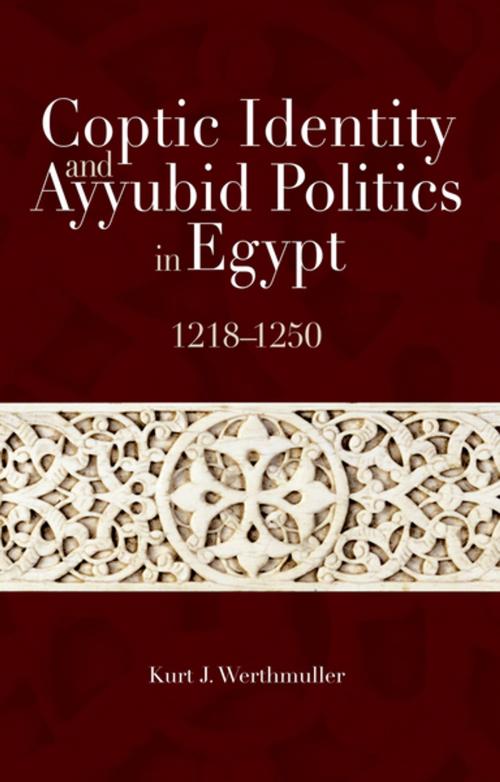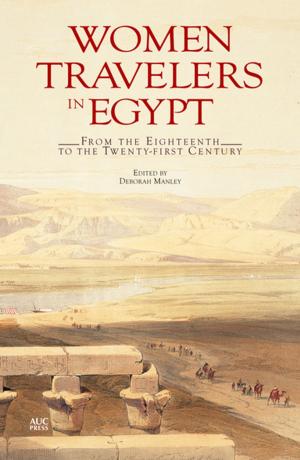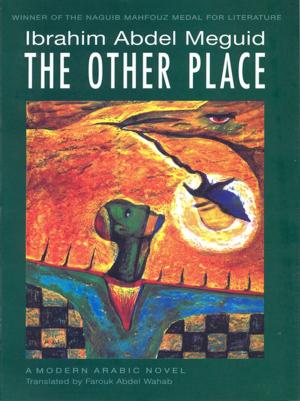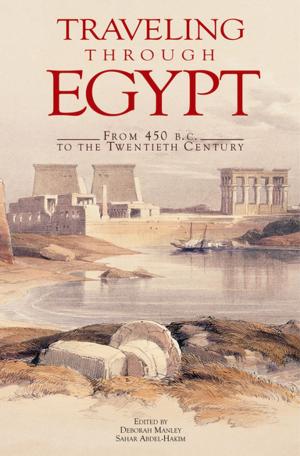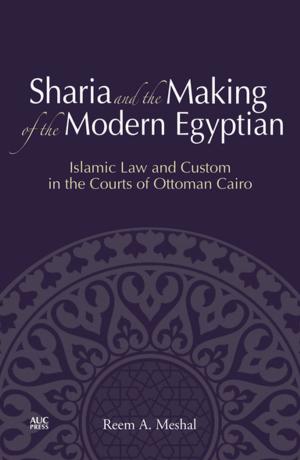Coptic Identity and Ayyubid Politics in Egypt 1218-1250
Nonfiction, History, Africa, Egypt, Religion & Spirituality, Christianity, Church, Church & State, Reference| Author: | Kurt J. Werthmuller | ISBN: | 9781617973802 |
| Publisher: | The American University in Cairo Press | Publication: | May 1, 2010 |
| Imprint: | The American University in Cairo Press | Language: | English |
| Author: | Kurt J. Werthmuller |
| ISBN: | 9781617973802 |
| Publisher: | The American University in Cairo Press |
| Publication: | May 1, 2010 |
| Imprint: | The American University in Cairo Press |
| Language: | English |
Using the life and writings of Cyril III Ibn Laqlaq, 75th patriarch of the Coptic Orthodox Church, along with a variety of Christian and Muslim chroniclers, this study explores the identity and context of the Christian community of Egypt and its relations with the leadership of the Ayyubid dynasty in the early thirteenth century. Kurt Werthmuller introduces new scholarship that illuminates the varied relationships between medieval Christians of Egypt and their Muslim neighbors. Demonstrating that the Coptic community was neither passive nor static, the author discusses the active role played by the Copts in the formation and evolution of their own identity within the wider political and societal context of this period. In particular, he examines the boundaries between Copts and the wider Egyptian society in the Ayyubid period in three "in-between spaces": patriarchal authority, religious conversion, and monasticism.
Using the life and writings of Cyril III Ibn Laqlaq, 75th patriarch of the Coptic Orthodox Church, along with a variety of Christian and Muslim chroniclers, this study explores the identity and context of the Christian community of Egypt and its relations with the leadership of the Ayyubid dynasty in the early thirteenth century. Kurt Werthmuller introduces new scholarship that illuminates the varied relationships between medieval Christians of Egypt and their Muslim neighbors. Demonstrating that the Coptic community was neither passive nor static, the author discusses the active role played by the Copts in the formation and evolution of their own identity within the wider political and societal context of this period. In particular, he examines the boundaries between Copts and the wider Egyptian society in the Ayyubid period in three "in-between spaces": patriarchal authority, religious conversion, and monasticism.
